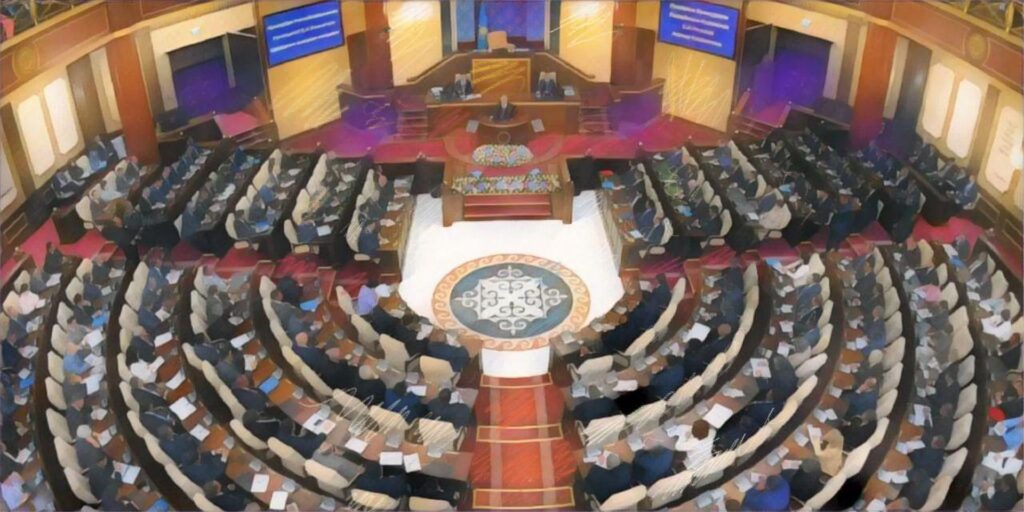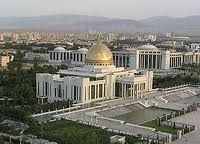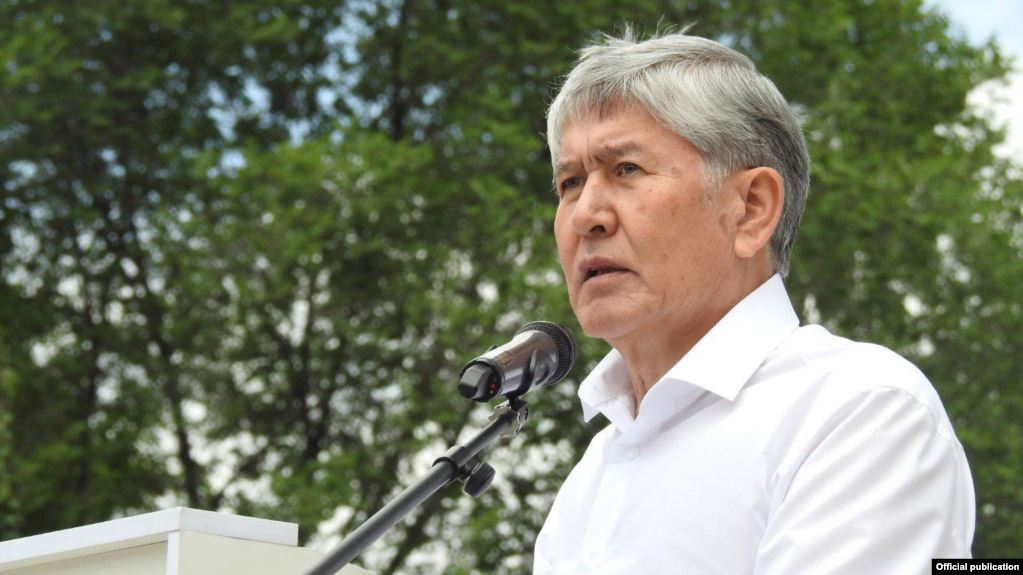ASTANA (TCA) — Kazakhstan President Nursultan Nazarbayev on March 10 signed into law constitutional amendments transferring some powers from the country’s president to parliament and government ministers, the Kazakh presidential press service said.
Kazakhstan’s Constitutional Council approved the amendments on March 9 after they had been approved by parliament on March 6. The parliament is dominated by Nazarbayev’s Nur Otan party.
The amendments curtail some presidential powers and redistribute them to Government ministers and the Parliament.
In particular, the Parliament will now have the authority to hold a “vote of no confidence” on a sitting cabinet.
The moves have spurred speculation that they may be aimed at facilitating an eventual political transition in Kazakhstan, RFE/RL’s Kazakh Service reported.
Devolving some presidential powers would make it easier for Kazakhstan’s political elite to manage a succession by splitting key roles between different figures rather than allowing one successor to concentrate power in his or her hands.
When he announced plans for the amendments on January 26, Nazarbayev said the president’s role would become that of a “supreme arbiter.”
Kazakh political analyst and journalist Sergei Duvanov earlier expressed doubts about the practical ramifications of the amendments.
Duvanov told RFE/RL that there “cannot be any essential changes in the parliament’s work as the lawmakers are members of the tightly controlled presidential Nur-Otan party and two other pro-presidential parties.”









